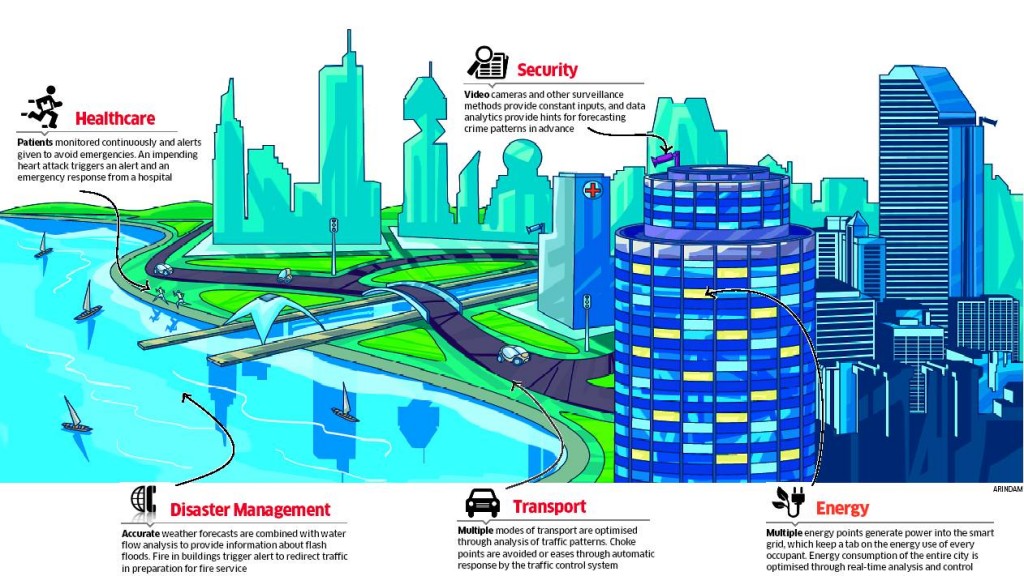 I want to be an optimist about this effort, but I am afraid that it will turn out to be another of many conferences bureaucrats attend using taxpayer money. The contribution that broadband services makes to economies is well documented and understood so listening to highly paid consultants restate what they can read in a magazine or report is not a valuable use of time. Instead they should use this forum to openly share results and experiences in deploying broadband infrastructure. They should learn what business models work and what don’t work. This forum should present ways to stimulate new applications of services and promote competition of service providers. I hope that “Next Century Cities” is used as a constructive tool to share the knowledge of broadband infrastructure deployment and service provider competition and not as a way to grow government over the private sector.
I want to be an optimist about this effort, but I am afraid that it will turn out to be another of many conferences bureaucrats attend using taxpayer money. The contribution that broadband services makes to economies is well documented and understood so listening to highly paid consultants restate what they can read in a magazine or report is not a valuable use of time. Instead they should use this forum to openly share results and experiences in deploying broadband infrastructure. They should learn what business models work and what don’t work. This forum should present ways to stimulate new applications of services and promote competition of service providers. I hope that “Next Century Cities” is used as a constructive tool to share the knowledge of broadband infrastructure deployment and service provider competition and not as a way to grow government over the private sector.
John M. Eger
There is a new organization in town and it’s quietly getting the attention it deserves.
Called “Next Century Cities,” it met last month with mayors and executives from 32 cities in Santa Monica, California to talk about the new economy, the critical importance of broadband infrastructure to economic wealth and well being and the vital role cities must play to succeed and survive in what is fast becoming a turbulent, knowledge driven world. Continue reading





